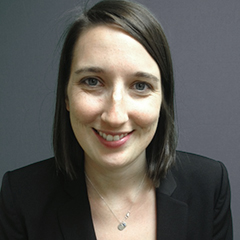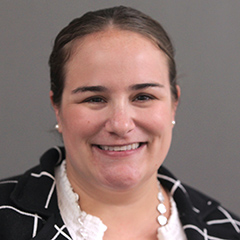Project Overview
To help the Centers for Medicare & Medicaid Services (CMS) (1) evaluate whether the Money Follows the Person (MFP) demonstration is achieving its objectives, (2) modernize and streamline MFP data collection and monitoring, and (3) explore factors affecting nursing facility discharges to the community during COVID-19.
The Consolidated Appropriations Act of 2021 extended the MFP demonstration through 2023, expanded eligibility for Medicaid beneficiaries, and requested a second evaluation. The current evaluation builds on Mathematica’s findings from the first national MFP evaluation and uses advances in the national Medicaid data system to understand (1) long-term demonstration impacts and (2) how state programs have adapted and matured over time.
Research Triangle Institute International
U.S. Department of Health and Human Services, Centers for Medicare & Medicaid Services, Center for Medicaid and CHIP Services
During the first 12 years of the MFP demonstration, states helped more than 100,000 long-term residents of nursing facilities, intermediate care facilities for people with intellectual disabilities, and psychiatric hospitals meet their goal of transitioning back to home or community-based settings (CMS 2021). During these initial years (2007–2015), grantee states were found to have consistently met their expenditure goals for home and community-based services, while generating an estimated $978 million in reduced Medicaid and Medicare costs (Hargan 2017).
Since then, MFP programs and state long-term services and supports (LTSS) systems have continued to grow and mature, and were challenged by the unprecedented nature of the COVID-19 public health emergency (PHE). The second national evaluation will update our understanding of how the MFP demonstration is delivering on its objectives, given the program’s evolution and the changing LTSS landscape. Specifically, Mathematica will support CMS through the delivery of:
- A comprehensive and robust national evaluation of the continuing MFP demonstration, which will include two reports to Congress
- Operational support for CMS staff who monitor the MFP grantees, including the development of two online tools that will facilitate oversight and monitoring and will help grantees with several key reporting requirements
- An assessment of nursing home discharges during the COVID-19 PHE and tools to help states better manage nursing home discharges during future PHEs
Evidence & Insights From This Project

Report to Congress—Best Practices in the Money Follows the Person Demonstration
This Report to Congress is organized by eight best practice areas and focuses on the 34 MFP grantee states active in 2022. For each best practice, this report identifies effective state strategies and features case studies of distinctive state approaches.
Learn MoreRelated Staff
Efficiency Meets Impact.
That's Progress Together.
Mathematica delivers evidence-based solutions to optimize programs and policies for efficiency, cost savings, and measurable impact. Learn more about becoming a client or partner.
Work With Us



